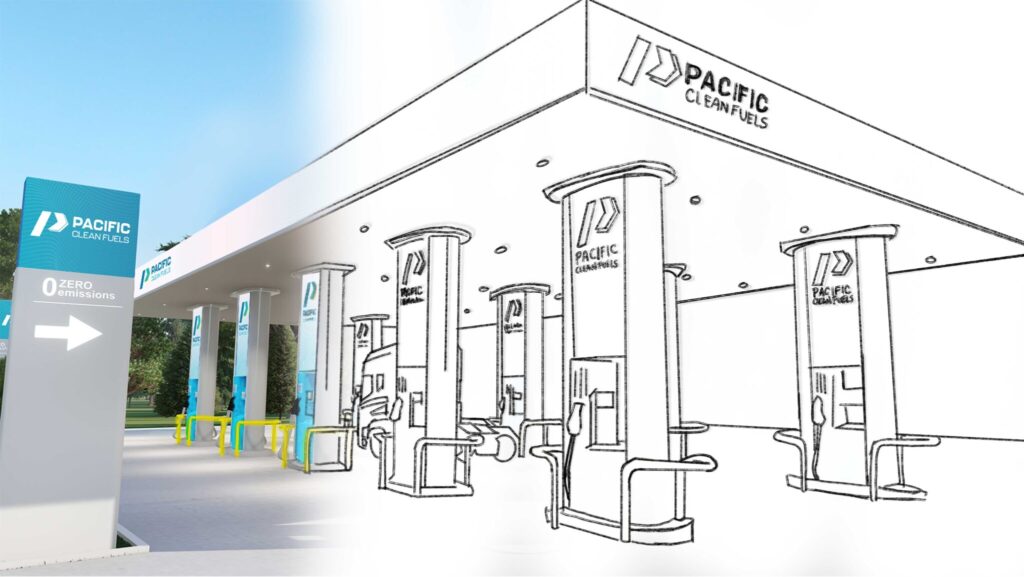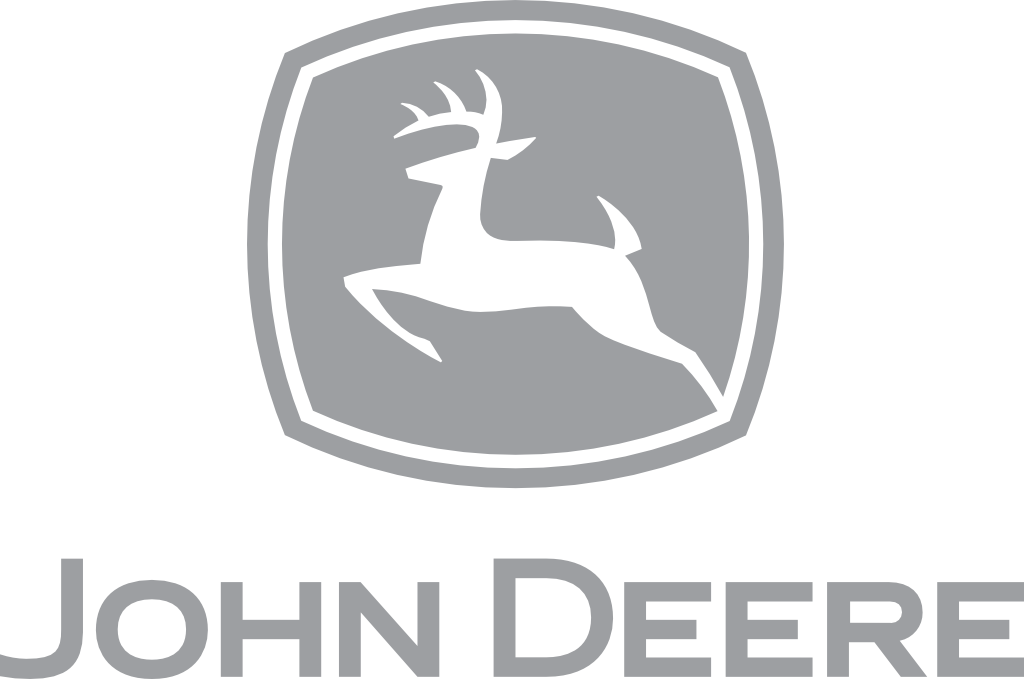As clean fuels have become a cornerstone of climate strategy, hydrogen in particular is at the heart of this energy transition. But as stakeholders look ahead, what will shape the next chapter in the clean fuels story?
At Pacific Clean Fuels, we’re not just watching the evolution of clean fuels—we’re helping lead it. Our commitment to scalable, flexible hydrogen delivery and storage systems is unlocking new potential for fleets, ports, transit systems, and beyond.
Let’s explore the trends and opportunities that will define the future of clean energy.
Hydrogen’s Breakout Moment: Innovation at Every Level
No longer a distant vision, hydrogen fuel is here to stay. What’s propelling this transformation is a wave of technological innovation across production, storage, and delivery.
Electrolyzer technologies are advancing rapidly, enabling more efficient and scalable hydrogen production using renewable electricity—an essential shift as most hydrogen today is still produced with unabated fossil fuels. In the Net Zero by 2050 Scenario, low-emissions hydrogen plays a critical role in decarbonizing heavy industry and long-distance transport.
Meanwhile, modular delivery solutions like PCF’s Pop-Up Hydrogen Fueling Centers are proving that infrastructure does not need to be a barrier to adoption. These deployable fueling systems eliminate the need for costly and time-consuming permanent installations.

On the transportation side, innovations in hydrogen trailers and transfill stations are making hydrogen more accessible for last-mile delivery and mobile refueling. With safety-optimized designs and pressures up to 930 bar, these systems support fleet fueling in diverse environments, from municipal bus depots to agricultural and logistics operations.
Expect the next wave of breakthroughs to focus on energy density, cost reduction, and automation, particularly in coupling production with smart distribution.
Pacific Clean Fuels’ work with OneH2 and our focus on mobile-first delivery are helping clients bridge the infrastructure gap and fuel progress today, not decades from now.
Regulatory Drivers and Compliance Changes
Public policy is increasingly favoring clean fuels, with a growing patchwork of regulatory mandates, incentives, and emissions standards creating both opportunity and complexity.
In California, landmark legislation like SB 32 and executive orders mandating zero-emission fleets are placing direct pressure on transit authorities and municipalities to shift from diesel to clean alternatives.
Ports, too, are under increasing scrutiny to decarbonize operations, particularly around drayage trucks and cargo-handling equipment. Hydrogen offers a compelling answer for these high-duty cycles, but infrastructure development must move in tandem with compliance deadlines.
However, one of the most pressing challenges is that permitting and zoning for hydrogen infrastructure remain fragmented and slow, often delaying deployment for years.
This is precisely why Pacific Clean Fuels is investing in temporary and mobile fueling models, so fleets can launch pilot programs, meet regulatory benchmarks, and build momentum without waiting for full station build-outs.
From CARB and DOE programs to regional clean fuel standards and federal incentives like the Hydrogen Production Tax Credit (45V), staying ahead of the compliance curve requires agile, knowledgeable partners.
Long-Term Gains for Transit, Ports, and Power Generation
While the cost of transitioning to clean fuels can seem steep in the short term, the long-term benefits are compelling, especially for sectors that rely on consistent, high-energy operations.
Transit
Hydrogen fuel cell electric buses (FCEBs) offer faster refueling and longer range than battery electric alternatives.
For transit agencies managing fixed routes with high uptime requirements, hydrogen isn’t just an alternative—it’s often the most practical zero-emission solution.
With scalable delivery solutions from PCF, agencies can adopt hydrogen without overhauling infrastructure all at once.
Ports and Logistics
Ports are under dual pressure: reduce local air pollution and meet sustainability targets while maintaining throughput.
Hydrogen-powered cargo movers, cranes, and Class 8 trucks offer a path forward, but only if hydrogen is readily available.
That’s why PCF is developing terminal hubs and regional networks across California, enabling clean operations at scale. From Fontana to Fresno, our solutions are serving high-demand logistics corridors.
Power Generation
Beyond mobility, hydrogen is emerging as a grid-balancing solution, offering energy storage capabilities that complement intermittent renewables.
Power providers and industrial users alike are exploring hydrogen as a bugger for peak demand or as a fuel for turbines in decarbonized operations.
As electrolyzer efficiency improves and renewable integration expands, hydrogen’s role in the power mix is poised to grow.

Looking Forward: Distributed Models and Regional Hubs
The future of clean fuels will be distributed, modular, and responsive. Pacific Clean Fuels envisions a hub-and-spoke network where central production (like our Bakersfield SMR hub) feeds a constellation of terminal stations, mobile trailers, and pop-up fuelers. This approach allows us to respond dynamically to demand.
Our future expansions aim to serve key metros including San Diego, Sacramento, Redding, and Seattle, aligning with state policies and client demand.
We believe clean fuel access shouldn’t be limited to a select few. By offering flexible delivery options and transparent pricing, we’re helping democratize clean fuel adoption—empowering more organizations to transition at their own pace.
Fueling the Future Starts Today
Clean fuels are here to stay. But unlocking their full potential means rethinking how we deliver, store, and support them in real-world environments.
With Pacific Clean Fuels’ mobile-first delivery model, regulatory fluency, and scalable infrastructure, we’re enabling transit fleets, logistics providers, power operators, and municipalities to lead the charge toward a zero-emission future.
The road ahead will surely present new challenges. But with the right technology, partnerships, and vision, we can make clean fuels not just viable, but vital
Ready to explore hydrogen fueling for your operation? Contact PCF today to learn how we can help fuel your future—safely, affordably, and at scale.




